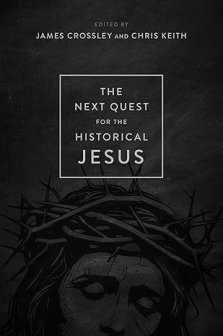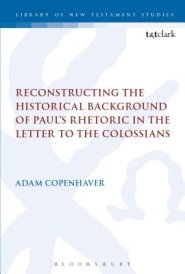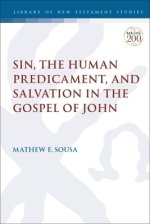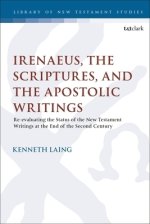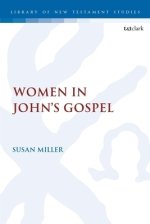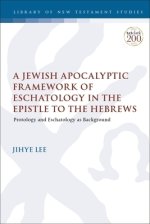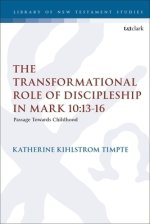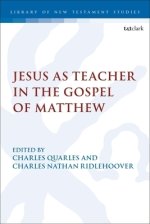In approaching the debate surrounding the opponents in Colossians from a methodological standpoint, Copenhaver contends that Paul was not actually confronting active opponents when he wrote the letter.
Rather, Copenhaver takes the view that Paul's letter was written to the churches in the Lycus Valley, in a desire to develop their identity as a new people in Christ and to appeal to them to live a new kind of life. His warnings in Colossians 2 function as oppositional rhetoric, contrasting the religious practices of the Lycus Valley with this new belief. Paul's warnings are therefore broadly representative of the ancient world, while at the same time focused especially on two threads of historical referents, Judaism and pagan religions.
Development of the above argument demonstrates that the challenge of reconstructing a singular opponent arises not only from the limitations of textual and historical evidence, but also from the assumptions and methodologies inherent in historical approaches to the text. By modifying these assumptions and adjusting the methodology, Copenhaver can show how Paul's letter takes on a new relationship to its historical context.
Trustpilot


